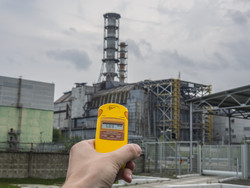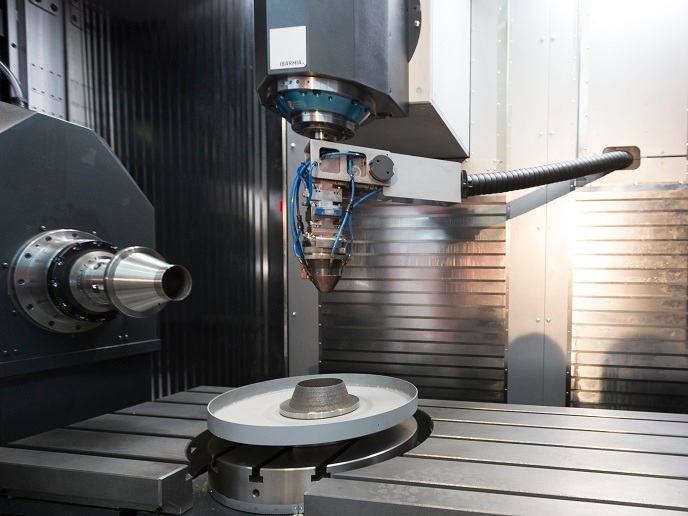Joining forces to manage exposure from radiation attacks
Until recently, biodosimetry laboratories in Europe were accustomed to processing biological samples of victims of small-scale events. The release of radioactive material from a large-scale terrorist attack will leave laboratories scrambling to cope. To address this issue, the EU-funded RENEB(opens in new window) (Realizing the European network in biodosimetry) project is establishing a sustainable European network to support emergency preparedness and response through efficient and reliable biological dose assessment. It gathers 23 laboratories and organisations in 16 Member States that carry out accurate and proven methods in biodosimetry based on biological samples and/or inert personalized devices. During the first reporting period, project members established an operational basis for the network following a comparison of six established biodosimetric tools currently in use. These techniques will be standardised and harmonised in participating laboratories to achieve equally reliable and accurate results. Strategies were laid down to grow and improve the network, and to integrate new network partners. This resulted in four potential members for the consortium. New molecular biology methods and physical techniques have been identified as potential new tools for dose assessment. A survey was carried out on members' demands for education and training activities. Based on this, the need to harmonise dosimetry procedures within the network and to develop high-quality standards for long-term regular training exercises has been identified. Another survey has identified key factors that influence effective cooperation in emergency situations. To facilitate the network's long-term sustainability, a questionnaire has pinpointed joint research interests for both members and non-members. A website has been created to disseminate and promote network activities, and links have been established with international organisations and national decision-making bodies. Efforts are underway to cooperate with national and global emergency preparedness systems and authorities as well as public health organisations. By integrating the network into the EU emergency management structure, RENEB will improve emergency preparedness and response in the case of a large-scale radiological event in Europe.







